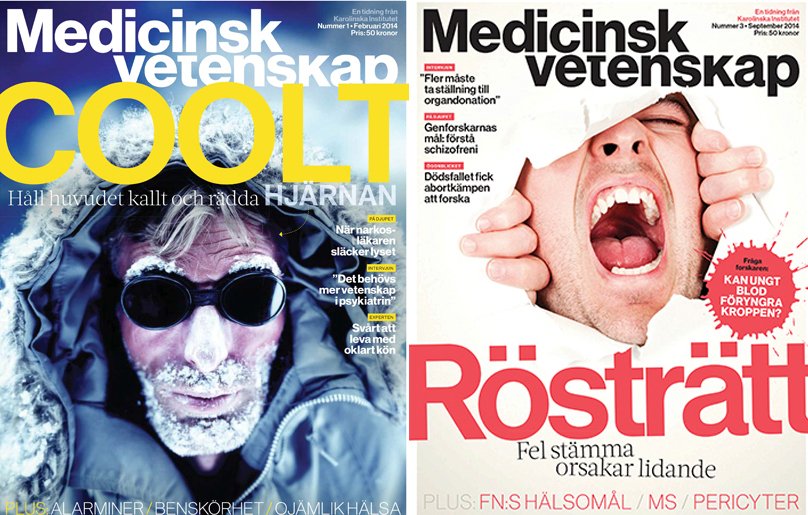Radiation oncologist Alexander Valdman conducts research at the Department of Oncology-Pathology at Karolinska Institutet. He works to ensure that patients with rectal cancer experience fewer side effects from their treatment.

Text: Annika Lund for Medicinsk Vetenskap nr 4 2024
How do you work on this?
"We have, among other things, purchased a new radiotherapy machine that makes it possible to deliver radiation locally in the rectum, directly against the tumour. This is known as contact brachytherapy, and with this method, a much higher dose can be given than with external radiotherapy. This means that radiotherapy can be curative in more cases of early rectal cancer. More patients can then avoid surgery, which in many cases, especially if the tumour is low in the rectum, leads to a permanent stoma.
What research is available on the method?
- In 2023, a study was published involving over 140 patients who were randomly assigned to receive a higher radiation dose, delivered either as external radiotherapy or as contact brachytherapy. All patients were monitored over time and operated on if there was any remaining tumour. After three years, significantly more of those who received contact brachytherapy had preserved their rectum. Among those with a small tumour, less than three centimetres, 97 percent had preserved their rectum and showed no signs of cancer. Recurrence of the disease usually occurs within two years, so many of these patients are likely to be cured. I think These are rather amazing figures.
When wil you start offering this treatment?
- We can start accepting patients now and are open to referrals from all over the country, so we want to spread the word that this option is available. We will introduce the treatment via a study. We will include 110 patients who have declined surgery in favour of organ-preserving treatment. They will be randomly assigned to receive standard external radiotherapy with or without chemotherapy as a complement to contact brachytherapy.
What is your second project?
- It is a study where we randomly assign patients with slightly more advanced rectal cancer to receive either photon radiation or proton radiation before chemotherapy and surgery. The hypothesis is that proton radiation will be less toxic to patients, allowing them to tolerate subsequent chemotherapy better. We have so far published one study from this project. It shows that surgery can be safely performed even after proton radiation.

The magazine Medical Science
The magazine Medical Science (Medicinsk Vetenskap) is published by Karolinska Institutet and targets the general public interested in medical science.






